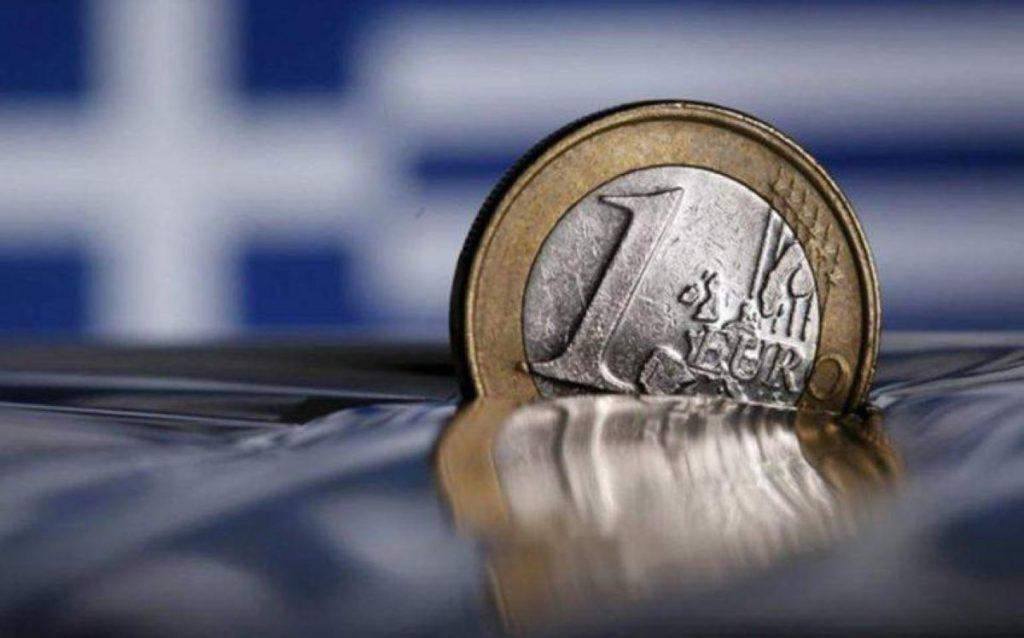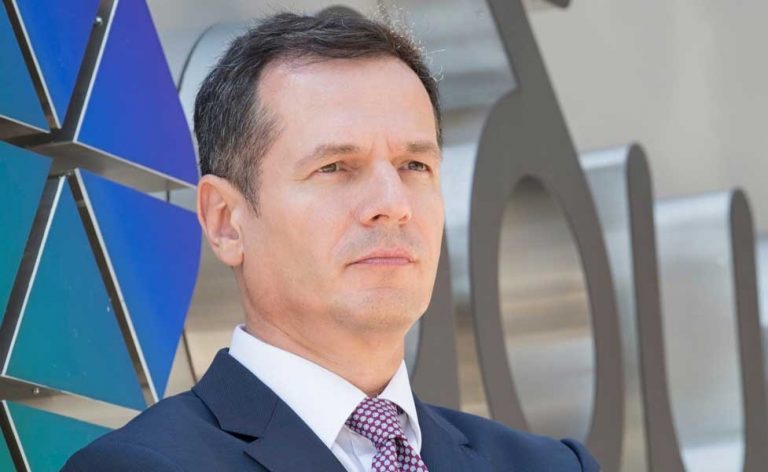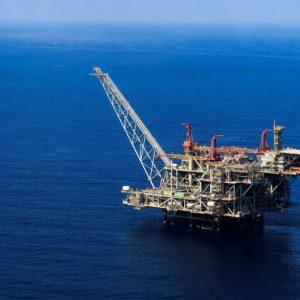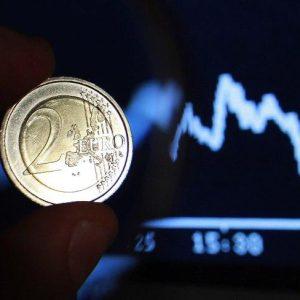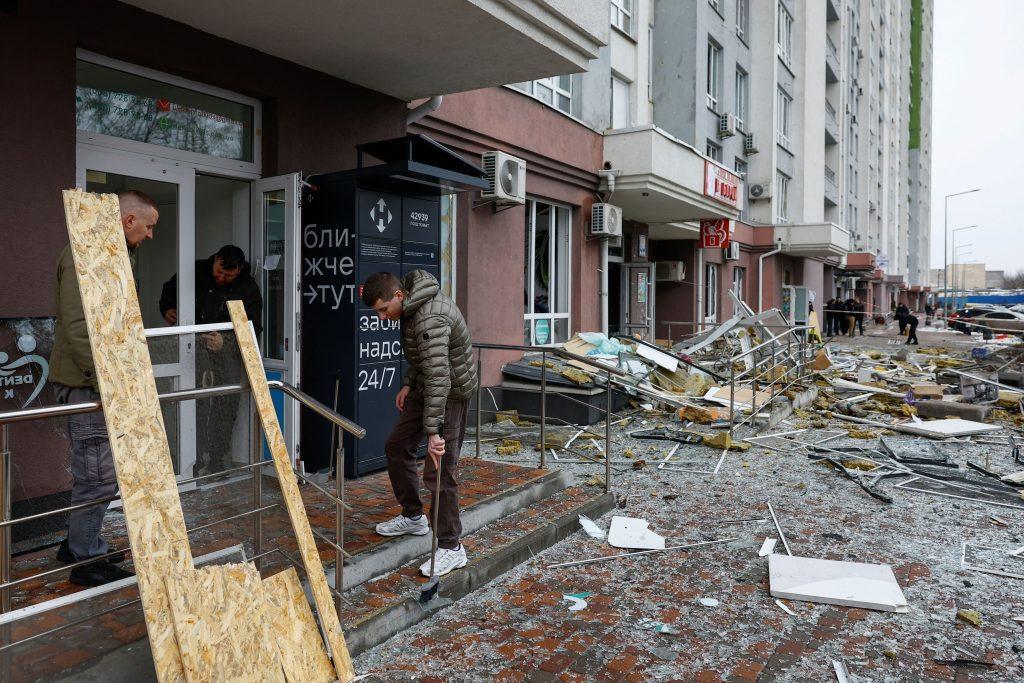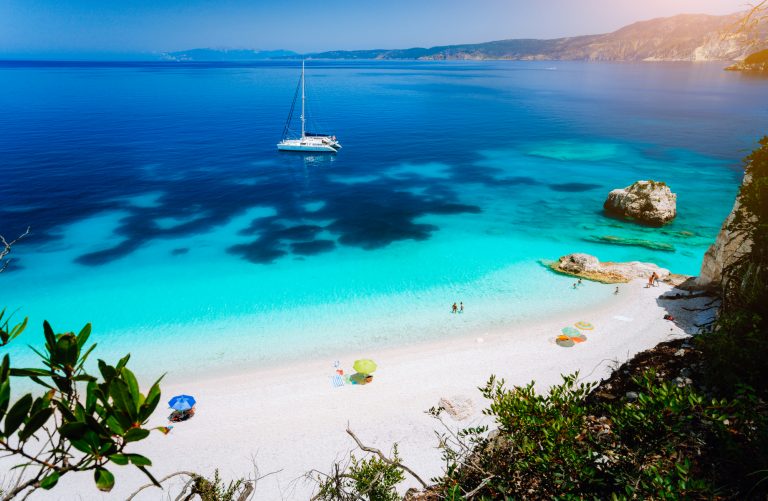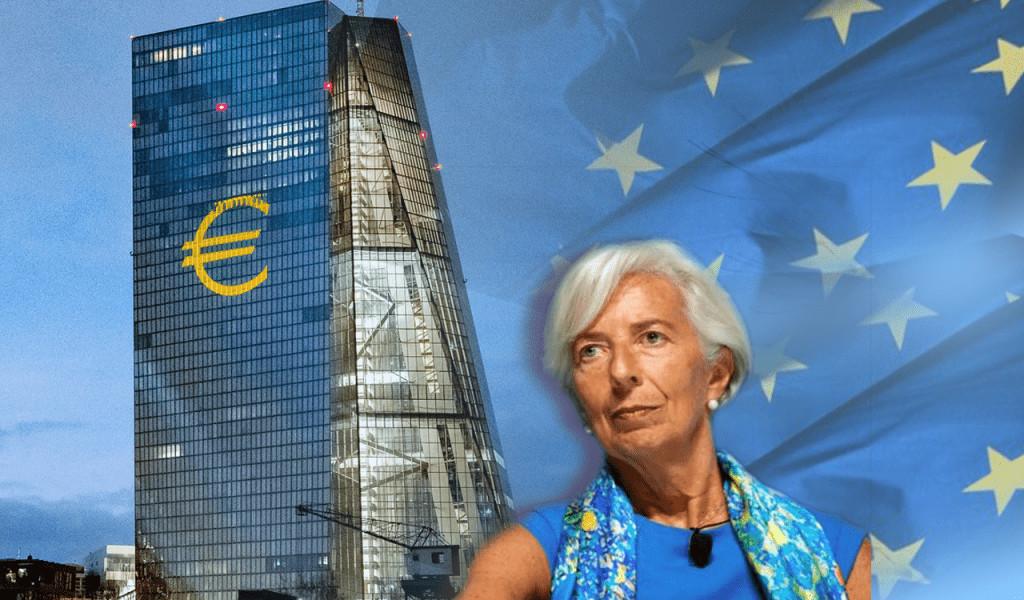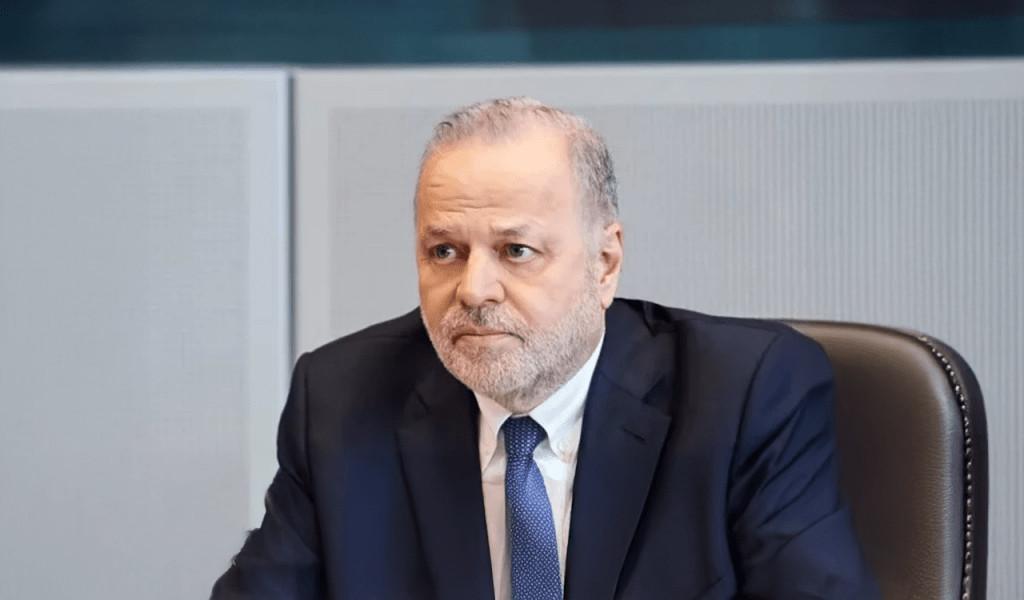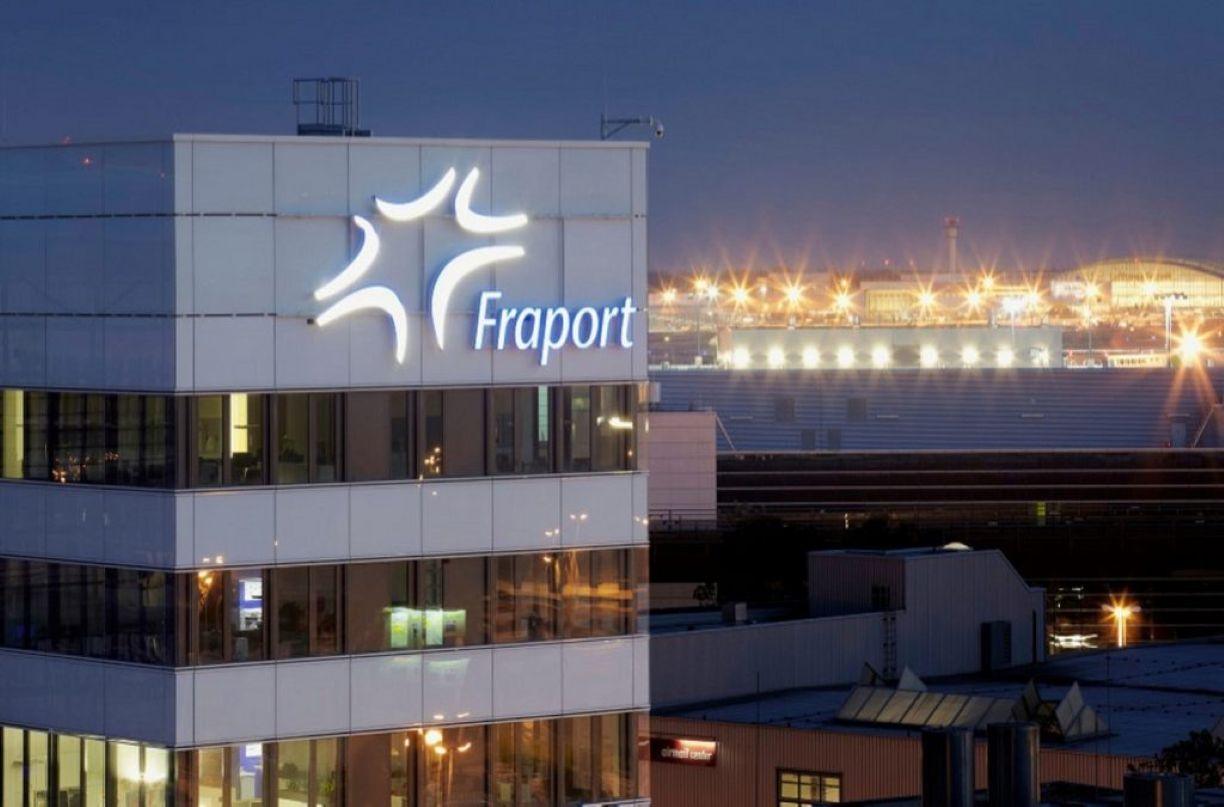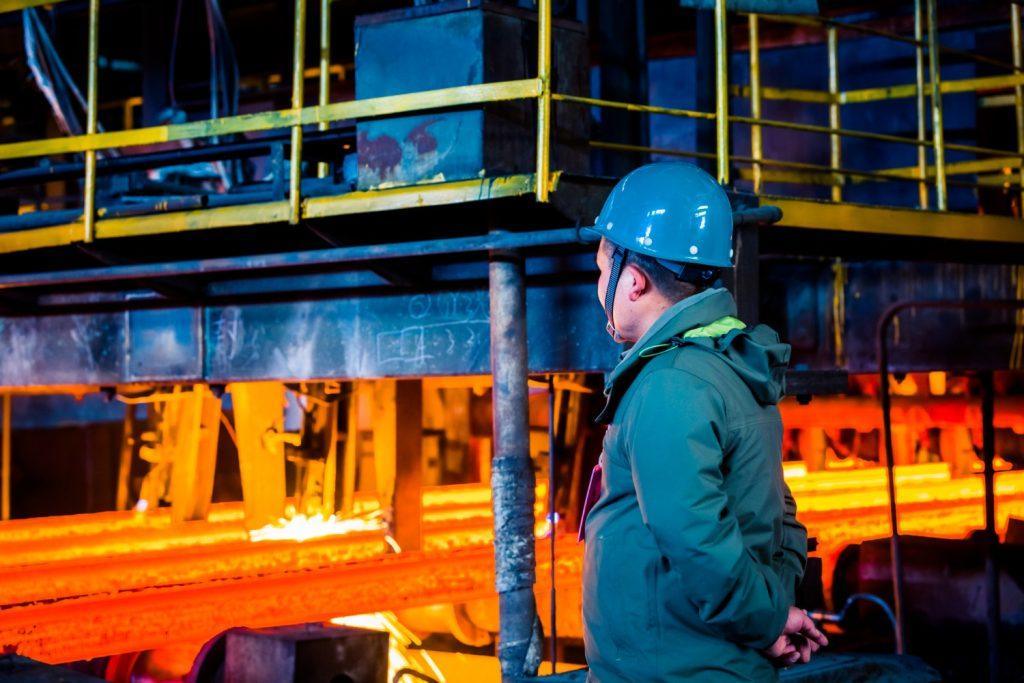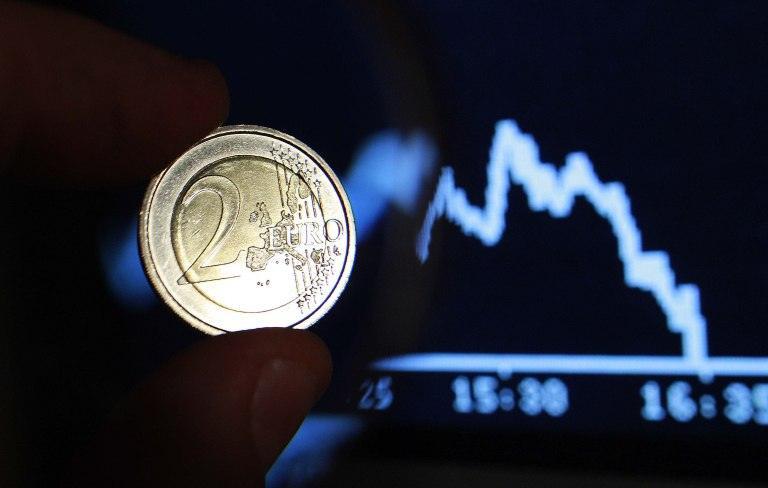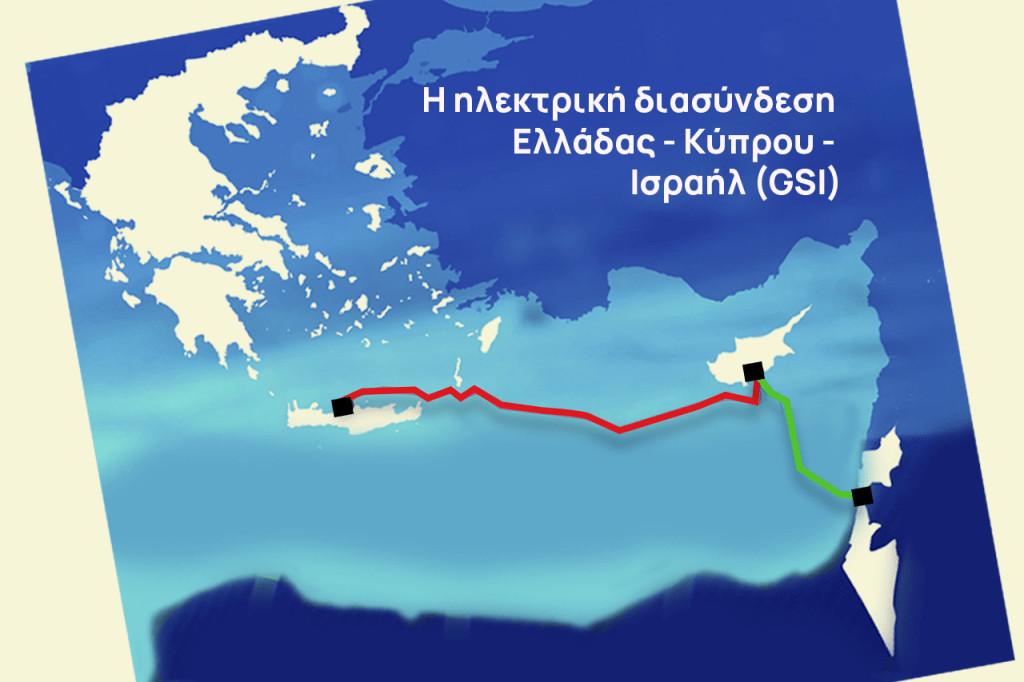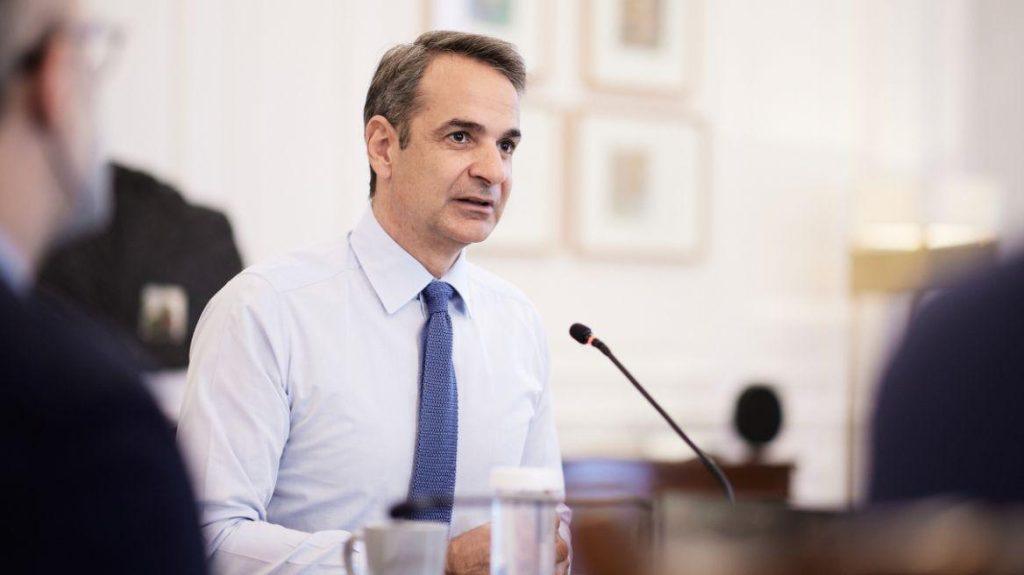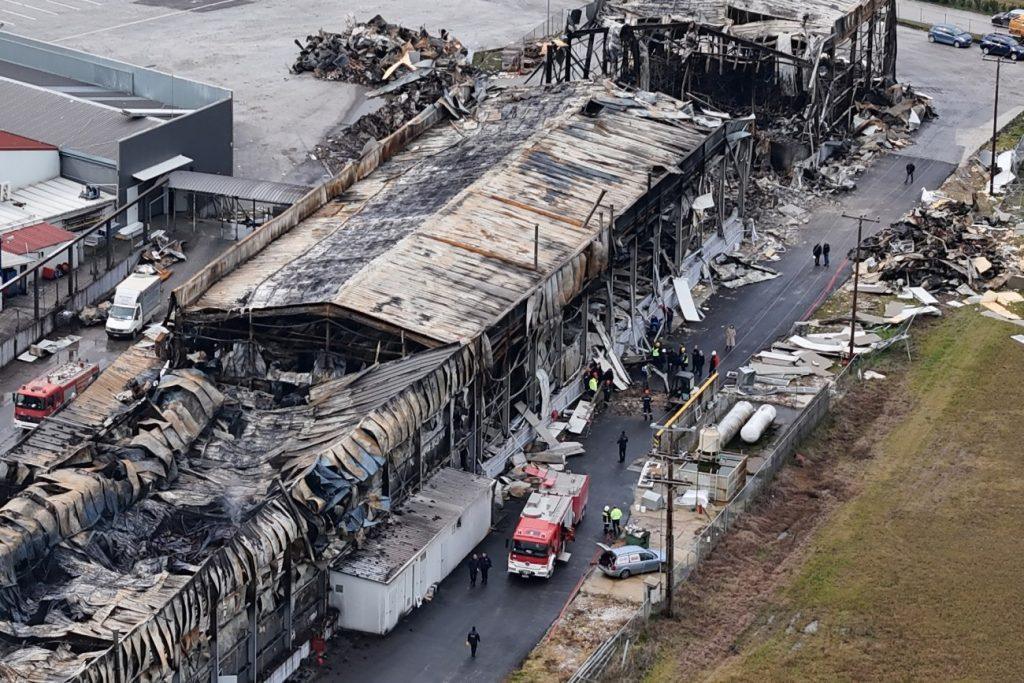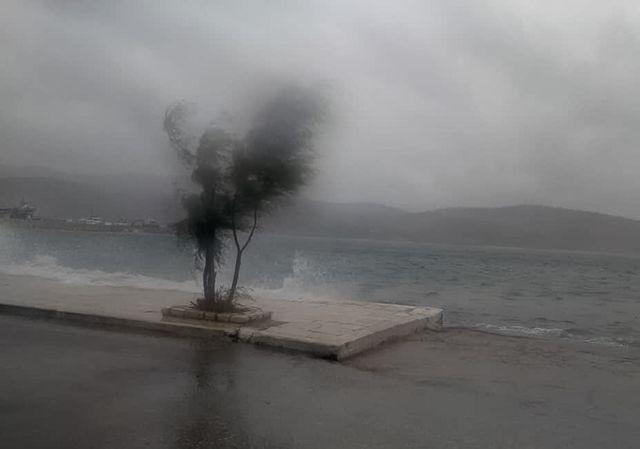The labeling “country risk” moves large oil companies in terms of the implementation of their investment plans in the field of exploration and exploitation of natural gas fields in Greece and in the EU as a whole.
This is reported to “NEA” newspaper by competent sources who handle and closely monitor the file of the exploitation of hydrocarbons.
“Our country and the EU as a whole are treated by the oil groups as countries with investment risk,” the same executives emphasize.
They talk about a change in their attitude, which manifested itself after the decisions of the Member States and the ambitious goals that have been set in the context of tackling climate change.
With these remarks, the same sources add to “NEA” that “something like this seemed so much with the move of the Spanish giant REPSOL to leave Greece, returning the concession of Etoloakarnania to the Greek State and leaving the consortium with Energean, which had leased the research rights on the land plot of Ioannina “.
Hellenic Petroleum also returned the exploration rights it had in the land areas “Arta – Preveza” and “NW Peloponnese”.
The difficulties
The ambitious plan for the utilization of natural gas reserves in our country, which started about ten years ago, seems to be facing difficulties in its implementation.
The oil companies are turning their activities to “green” forms of energy, seeking to “clean up” their portfolio and in turn serve the goals of the transition to the carbon-neutral era. And so they leave investment plans that are either immature or in countries that play a leading role in the “green” agenda.
In Greece, two maritime concessions, “West” and “Southwest of Crete”, are considered based on geological data possible for the existence of large reserves of natural gas.
The consortium that has leased the areas, Total – ExxonMobil – ELPE, is keeping silent regarding the execution of the last stage of the preliminary investigations, which include seismic surveys with a special ship.
The final period, based on contractual obligations, is the winter period 2021-2022. That is, until next February.
According to information from “NEA”, so far they have not informed the competent state or local authorities.
Ambassador Pyatt as soothsayer
Many are predisposing the postponement of the research activity, after the last statements of the US ambassador Jeffrey Payat.
The latter in an interview with Greece Investor Guide, when asked if the gas exploration in Crete is in line with Greece’s goals for climate change, replied that “the market will decide whether the research will be done.”
The “cloudy” landscape for the exploration of natural gas deposits in Greece is described in its annual financial report by the Hellenic Hydrocarbon Management Company, which is in charge of the role of managing the rights of the Greek State:
“The hydrocarbon sector has undergone its greatest transformation since its inception almost 200 years ago, driven by the growing awareness that our world urgently needs to become a more sustainable low-carbon economy.”
“This is the complex and uncertain business environment in which Hellenic Hydrocarbon Resources Management S.A. seeks to attract investors and promote activities to obtain reliable data on the size and commerciality of potential hydrocarbon deposits in Greece,” he said. “Greece still has a window of opportunity to exploit its natural resources.”


